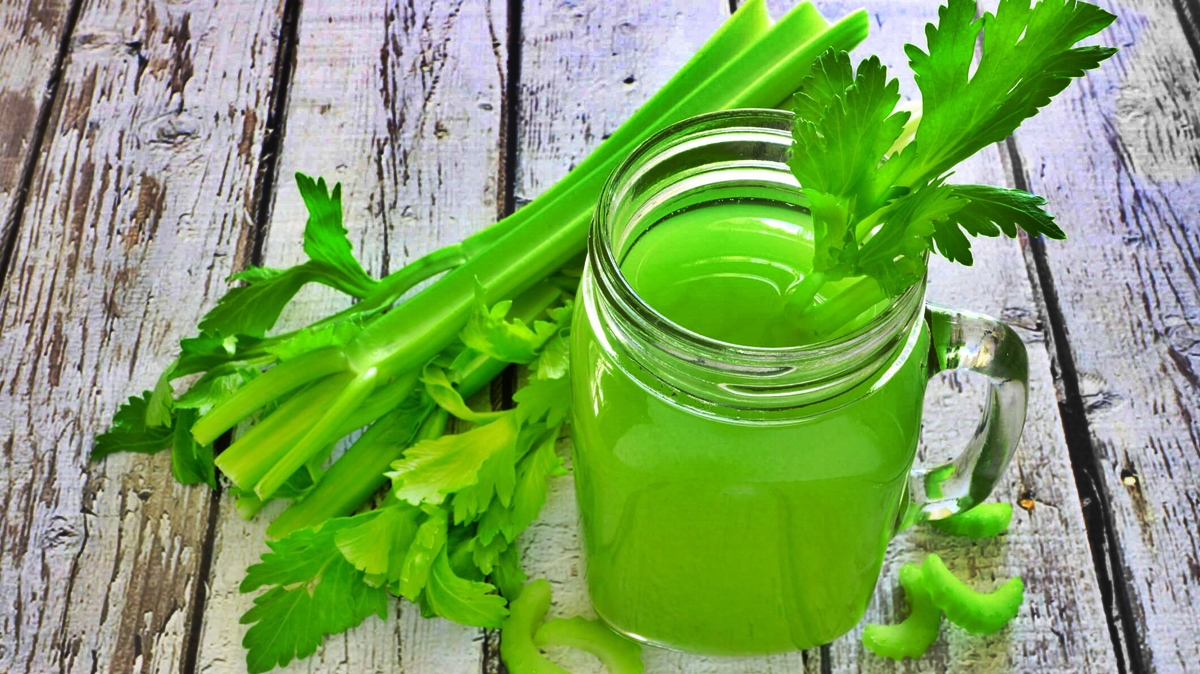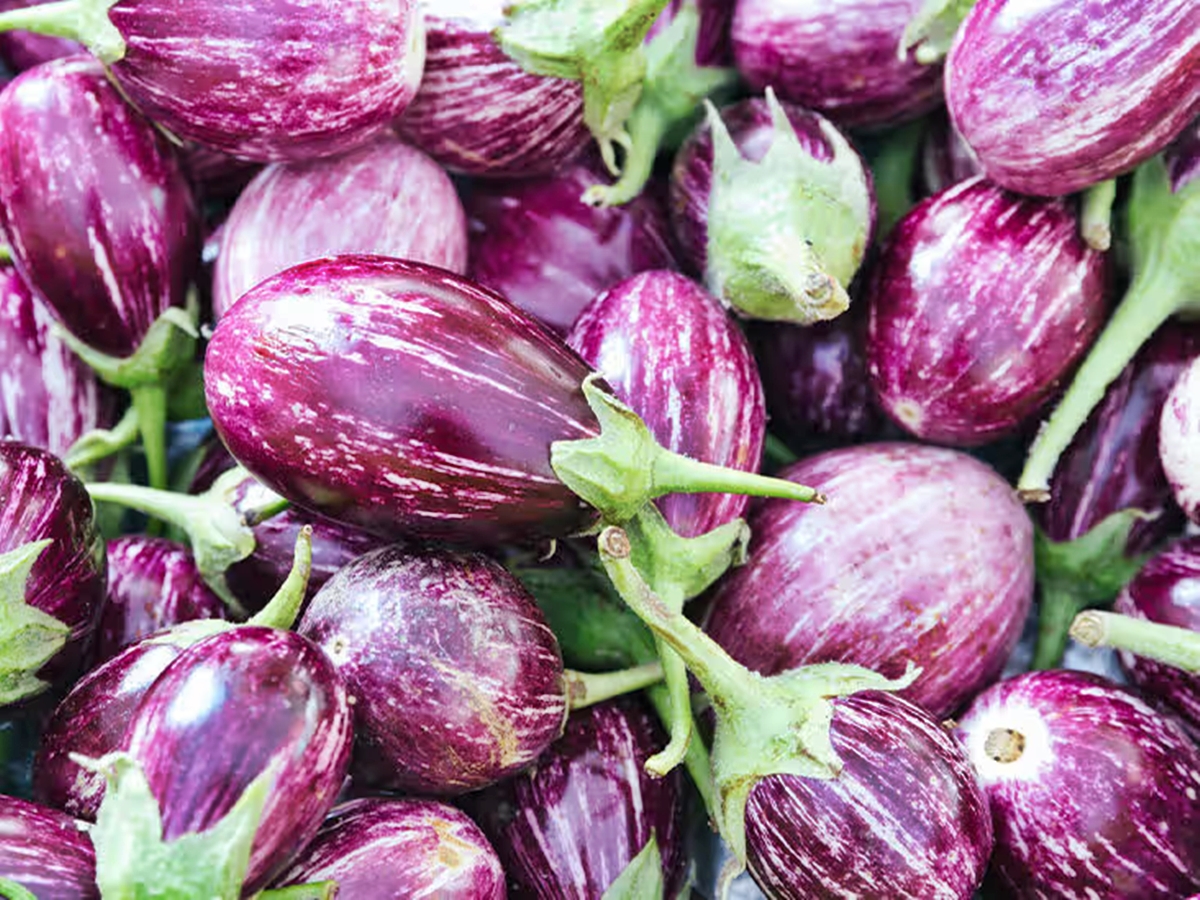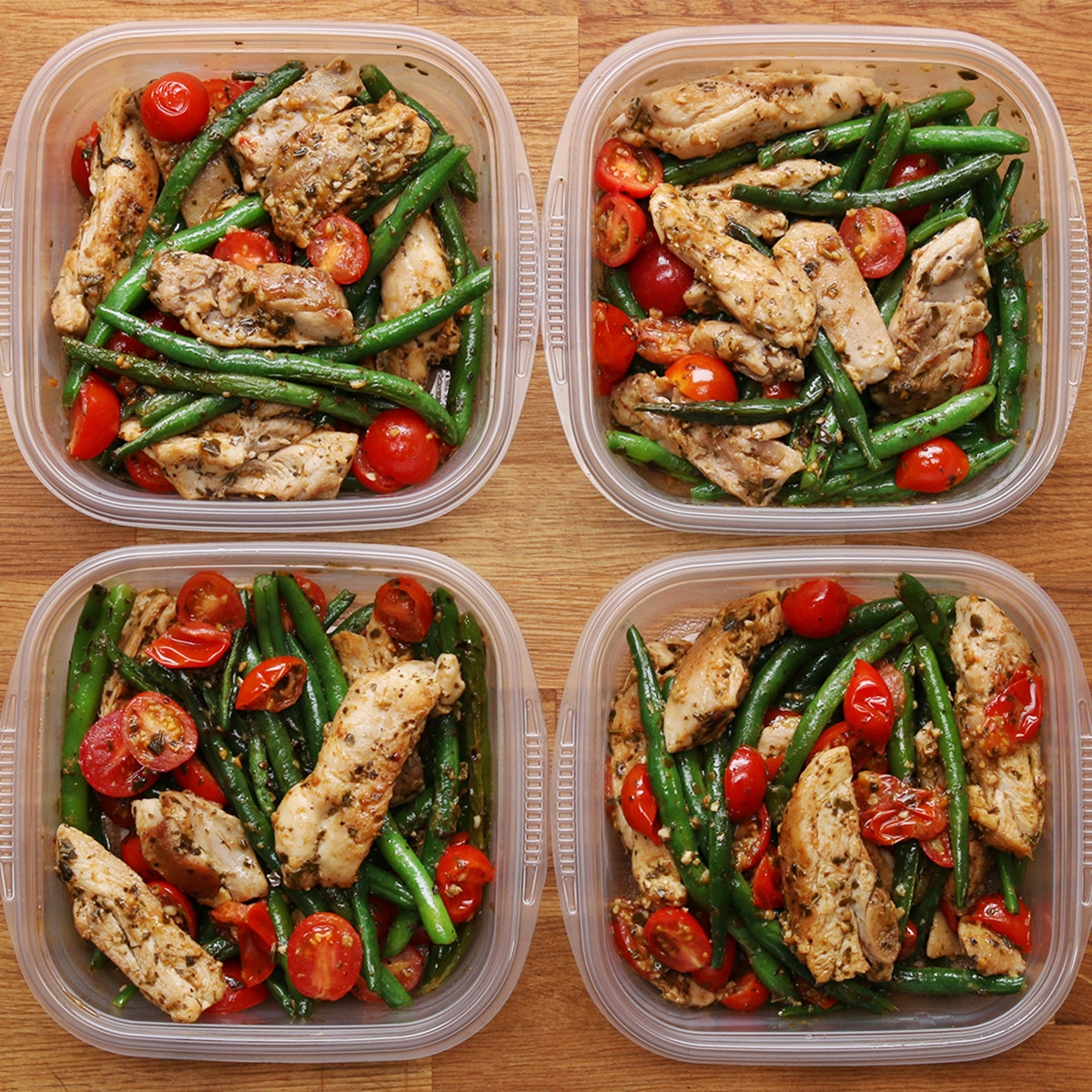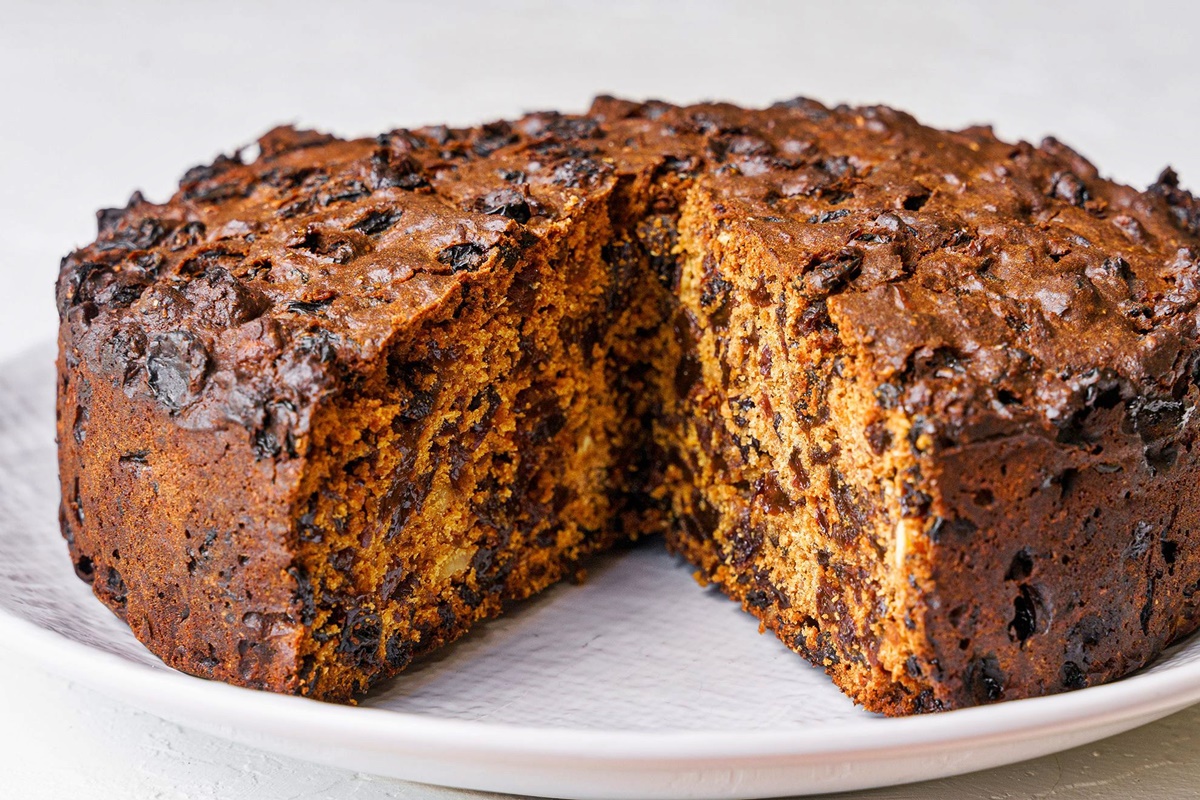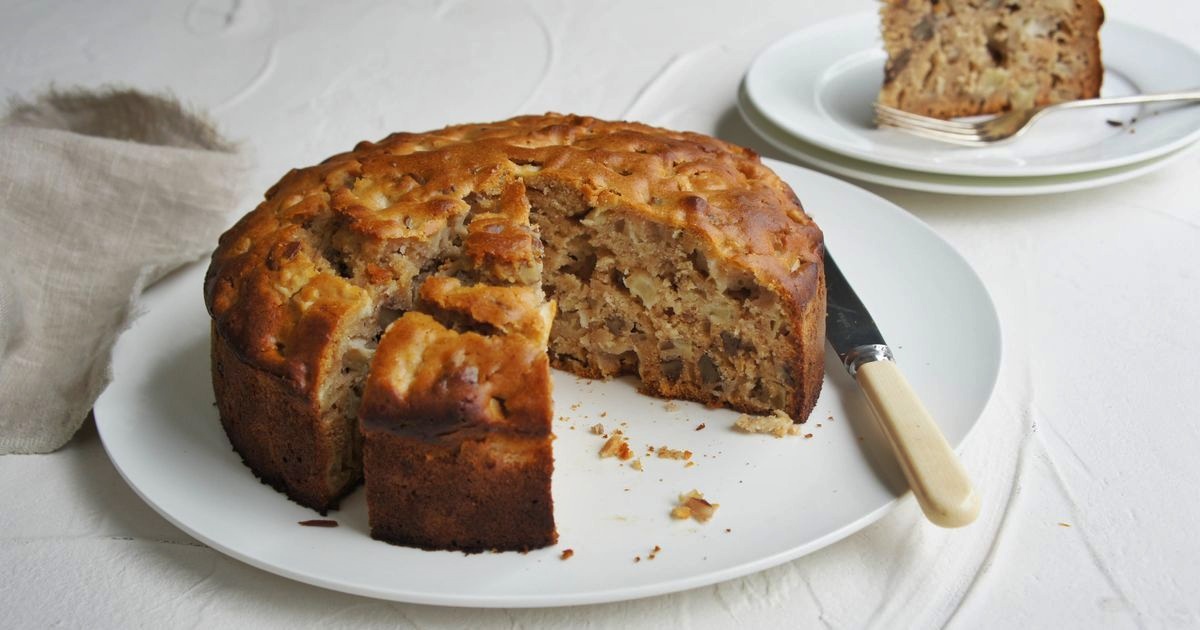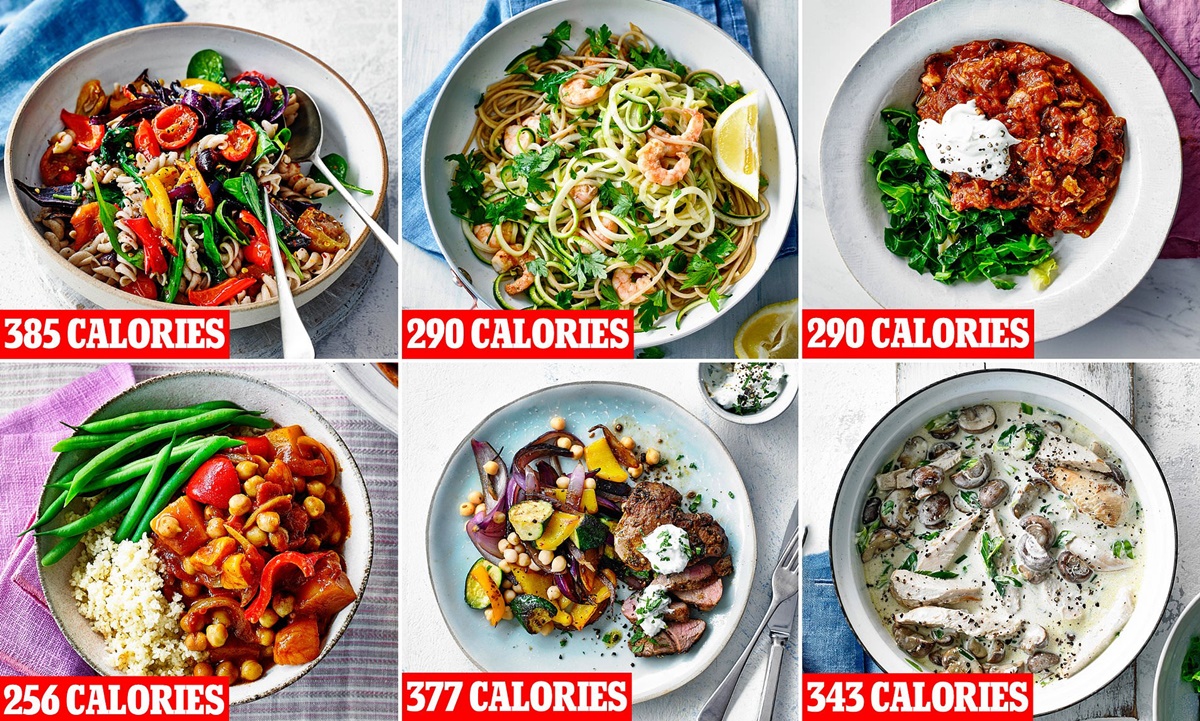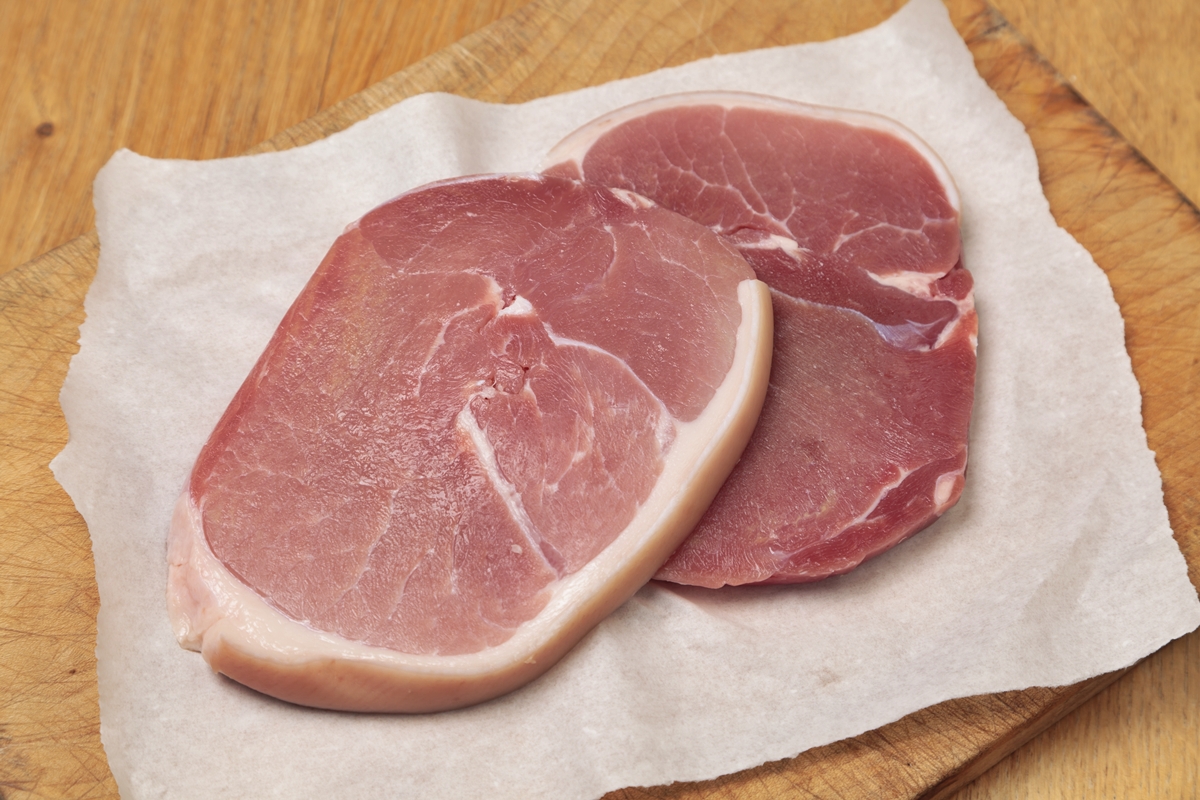Top 10 Healthiest Cheeses
Cheese lovers rejoice! Contrary to popular belief, cheese can actually be a part of a healthy diet. While some cheeses may be higher in fat and calories, there are plenty of options that are nutritious and can be enjoyed guilt-free. So, whether you’re a cheese connoisseur or just looking to add some variety to your meals, here are the top 10 healthiest cheeses to incorporate into your diet:
- Feta Cheese: This tangy Greek cheese is not only delicious but also low in calories. It is made from sheep or goat’s milk and is packed with protein and calcium. It is a great topping for salads and is perfect for adding a burst of flavor to your dishes.
- Mozzarella: This classic Italian cheese is known for its mild and creamy taste. It is made from cow’s milk and is a good source of protein and calcium. Mozzarella is a versatile cheese that can be sliced and melted on top of pizzas or added to caprese salads.
- Cottage Cheese: Cottage cheese is a fresh cheese made from the curds of cow’s milk. It is low in fat and calories, making it a nutritious choice. Cottage cheese is high in protein and calcium and can be enjoyed on its own or used as a healthy dip or spread.
- Goat Cheese: Goat cheese, also known as chèvre, is a creamy and tangy cheese that is lower in fat and calories than many other cheeses. It is a good source of protein and calcium and can be crumbled on top of salads or spread on whole grain crackers.
- Swiss Cheese: Swiss cheese is a delicious, holey cheese that is made from cow’s milk. It is lower in fat and sodium compared to other cheeses and is a good source of protein and calcium. Swiss cheese is perfect for sandwiches or can be melted on top of burgers.
- Ricotta: Ricotta cheese is a soft and creamy cheese that is made from the whey of cow’s milk. It is high in protein and calcium and is lower in fat and calories compared to other cheeses. Ricotta is commonly used in Italian dishes like lasagna or can be spread on toast with a drizzle of honey.
- Parmesan: Parmesan cheese is a hard and granulated cheese that is rich in flavor. It is made from cow’s milk and is a good source of protein and calcium. Parmesan cheese can be grated over pasta dishes, salads, or used as a flavor enhancer in soups and stews.
- Cheddar: Cheddar cheese is a popular cheese known for its sharp and distinct taste. It is made from cow’s milk and is a good source of protein and calcium. Cheddar cheese can be enjoyed on its own or used in sandwiches, burgers, and macaroni and cheese.
- Blue Cheese: Blue cheese is a pungent and creamy cheese that is made from cow’s, sheep’s, or goat’s milk. It is a good source of protein and calcium and is known for its distinct blue-colored veins. Blue cheese can be crumbled on salads or used to add flavor to sauces and dressings.
- Muenster: Muenster cheese is a mild and creamy cheese that is made from cow’s milk. It is a good source of protein and calcium and pairs well with fruits and vegetables. Muenster cheese can be used in sandwiches, melt well on burgers, or enjoyed on a cheese platter.
Remember, moderation is key when it comes to cheese consumption. While these cheeses are considered healthier options, it is still important to consume them in appropriate portions as part of a balanced diet. So go ahead and indulge in your love for cheese while staying mindful of your overall calorie and nutrient intake!
Was this page helpful?
Read Next: Top 10 Healthiest Nuts

